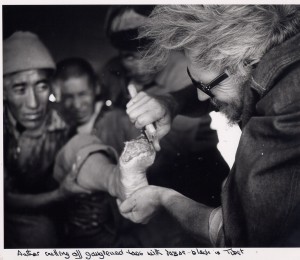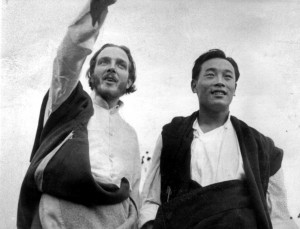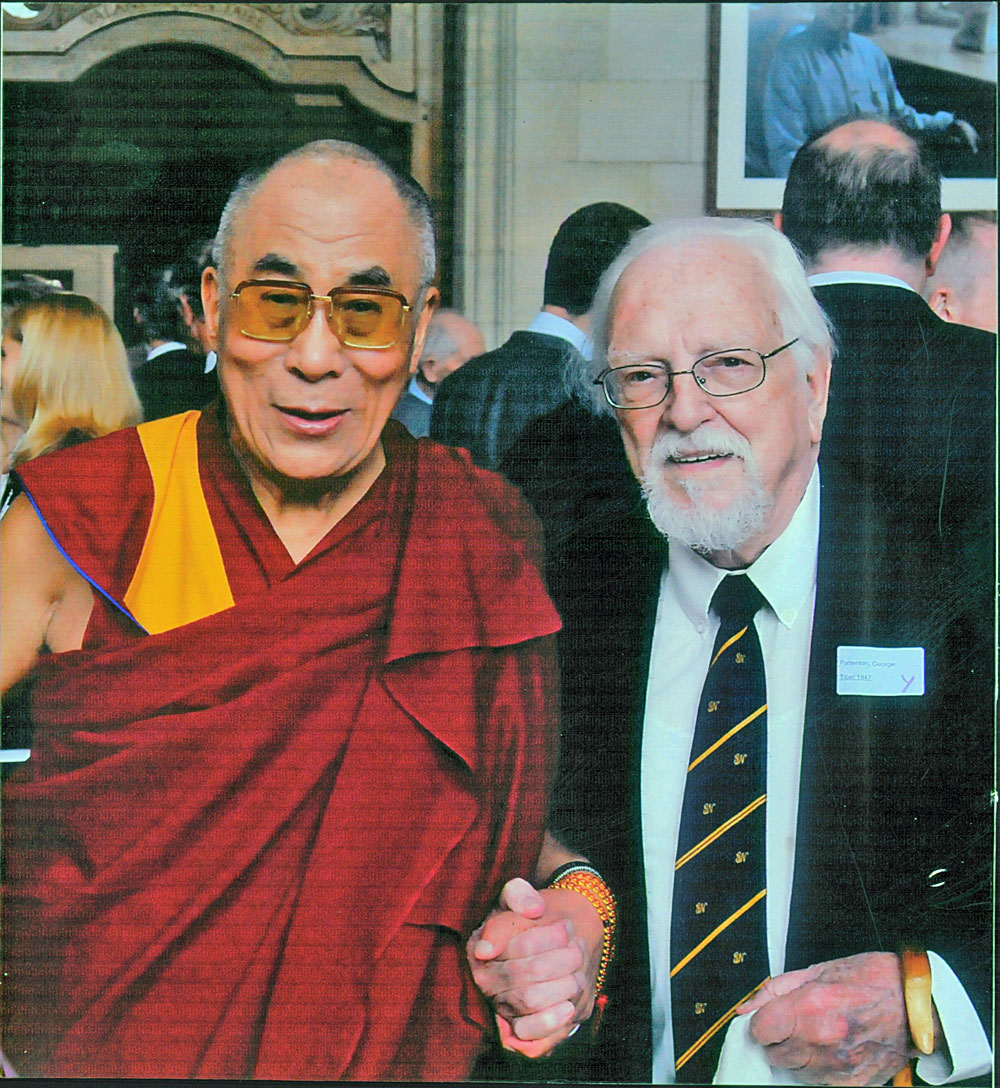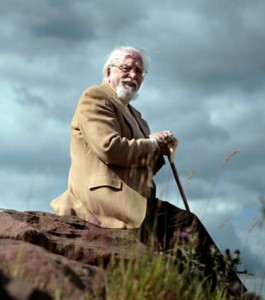Voices of Exploration – An ever-expanding database of exclusive monthly interviews with the world’s leading explorers.
Regardless of where we were born, mankind’s urge to explore transcends all differences of nationality and faith. It remains an emblem of universality deserving of a wider global study.
Ironically, though the public has long yearned for fresh voices who could share their hard-won wisdom, in the corporate-dominated world, where finances always come first, meaningful dialogue with the world’s leading explorers has been passed over in preference to slick ads and predictable yearly awards.
That is why I am proud to announce the launching of this valuable new series.
The Voices of Exploration project is designed to be an ever-expanding data bank of interviews and wisdom. My friend, Basha O’Reilly, is one of the Founders of the Long Riders Guild, who has already launched the Voices of Authority equestrian educational program.
There was nothing in George Patterson´s early life to indicate that this son of a Scottish minister would go on to lead a life of adventure, travel and intrigue. Yet George turned his back on all that he knew and journeyed into remote Tibet at the conclusion of the Second World War. He not only underwent a great spiritual awakening there, but George also became involved with the Tibetan resistance to the invading Chinese Communist army.
The Scottish Long Rider’s subsequent equestrian journey across the Himalayas in the winter of 1949, to deliver a plea for help from Tibet to the outside world, is now the stuff of legend. Because of his lifelong support for the Dalai Lama and the Tibetan people, the Chinese government imposed a death sentence on George which has never been lifted. George was recently (March 2011) awarded the Light of Truth Award, which honours individuals and institutions that have made significant contributions to the public understanding of Tibet.
Hailed as “Patterson of Tibet,” the 90-year-old is the spiritual guide of the Long Riders’ Guild, a Fellow of the Royal Geographical Society, who is still writing and recently lectured at Cambridge about his travels.
George’s late wife, universally known as “Dr. Meg,” discovered a scientific means of helping addicts recover completely from drug-addiction.

Who do you think was the most influential explorer in history and why?
In my opinion, Marco Polo. I was fascinated with the mystery and discoveries in his writings, and with his courage to travel towards the East and spend time in Peking.
Who inspired you to become an explorer and why?
Was I ever inspired to be an explorer? Most of the time, I acted out of compulsion and necessity.
What is your favourite exploration book and why?
Regarding the secular aspects of exploration, I found the writings of Aurel Stein to provide a fascinating view on exploration into Asia. The terrain of spiritual exploration, however, is travelled wonderfully by Mildred Cable and Francesca French, both famous women missionary explorers.

What is your favourite exploration film and why?
Lawrence of Arabia; strictly speaking it was not an exploration film, but T.E. Lawrence was the explorer’s ideal in identifying with the people rather than with the geography.
If you were travelling to the South Pole in the “Heroic Age,” would you prefer to travel with Amundsen, Shackleton or Scott, and why?
I’d travel in the company of Scott. With the exploration party in distress, one of his men (Oates) sacrificed himself for the sake of his fellow explorers, walking out of the tent with its limited food supply towards his certain death.
How would you describe the various types of courage needed – physical, emotional and spiritual – for your visit to Tibet and your amazing equestrian journey across the Himalayas?
My journey across Tibet, challenging in mid-winter, appears courageous when looking back on it. At the time, I was simply driven by the necessity to obtain needed medical supplies and to request military assistance for the anticipated battle with China.
You were a success as an international journalist, specialising in Tibet. Was your decision give it up in order to take care of the children and let your wife, Dr. Meg, continue her medical research into addiction the greatest sacrifice you have made?
Yes. To say more requires a book…

What is the single greatest change you have witnessed in the exploration world since you began?
It is no longer possible to arrive on the borders of a strange country with little more than a suitcase.
What modern technology or techniques would you find most helpful?
On one occasion, I nearly lost my life when my compass and binoculars were left with the animals. I’d choose GPS over a compass today, but there is still no substitute for good binoculars.
What piece of equipment always went with you?
Other than a compass, and whenever possible, toilet paper!
Which book would you recommend to would-be explorers today?
David Livingstone’s Diaries, or T.E. Lawrence’s 7 Pillars of Wisdom
What would you tell young explorers to be wary of?
Amorous Tibetan women . . .
Why is it important for humans to continue exploring?
Someone, somewhere, will always want to know what is on the other side of the hill.
Which of your many achievements do you think will be most remembered?
My newspaper writings about the battle against the Chinese invasion of Tibet
What’s your greatest concern for the future of exploration?
Curiosity about other sides of hills is part of human nature, and will never be snuffed out.
Links of interest:
http://www.georgepatterson.net/
www.classictravelbooks.com/authors/patterson.htm




It was an absolute pleasure meeting Mr. George Kennedy. He is one of a kind!